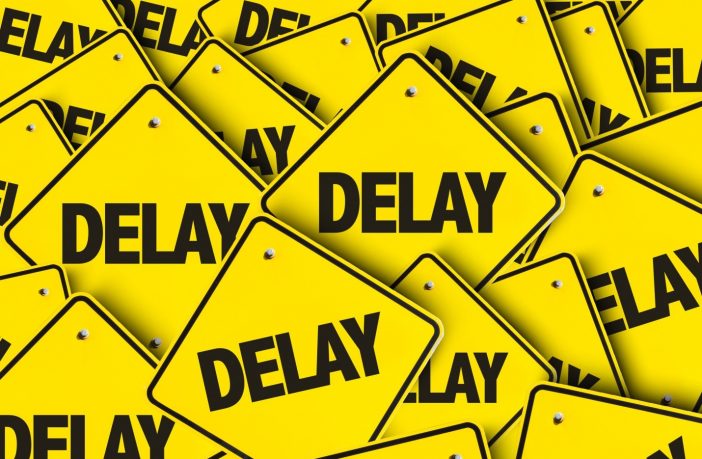The 60-day window open for public comment on South Africa’s Integrated Resource Plan (IRP) closed last week with the final presentation given by The South African Local Government Association (SALGA) who argued that the draft plan is not least-cost based. The terms and conditions of Independent Power Producer (IPP) bid window Round 5, scheduled to be announced next month, will be based on the outcomes of the public hearings. Can we expect a delay?
Apart from the least-cost based complaints, there were two other main gripes with the current IRP, the heavy weighting of 8100 megawatts to gas energy production set to benefit our neighbours and the proposed 3-year gap in procurement between 2022 and 2024 for solar and wind projects.
South Africa’s Minister of Energy, Mr Jeff Radebe recently emphasised that South Africa intended taking a regional perspective on the gas opportunity, “Southern Africa has huge natural gas reserves in Tanzania and Mozambique, and within South Africa, Zimbabwe and Botswana where there is gas in the form of coalbed methane. Furthermore, South Africa has potential shale gas.” There is already extensive drilling taking place in Botswana and Mozambique.
The three-year gap in procurement just does not make sense at all. The renewable energy sector has just started to recover from a 33-month delay in finalising 27 projects from Round 4 as a result of state capture driving a nuclear agenda. The wind industry (SAWEA) rightly argues that their industry cannot deliver the many socio-economic benefits and the scale of investment associated with Windpower supply, with a stop-start approach.
In addition, Round 5 is set to include far higher transformation, localisation and community upliftment requirements which will provide the government with an opportunity to accelerate its transformation agenda. Specifically, the bid window will encourage opportunities for black industrialists and the development of black Independent Power Producers (IPP’s).
There would also be a specific requirement for participation by women- and youth-owned businesses and for IPP socioeconomic and enterprise development expenditure to be more coordinated and integrated with the needs of the surrounding communities.
There is no clarity on who is going to fund these new start-ups.
We must also consider that the decision to expropriate land without compensation has been adopted by the ruling ANC government. Round 5 conditions may require that project land ownership also benefits or extends to previously disadvantaged communities in line with the new laws.
Throw in the fact that there is a national election expected to take place Q2 2019 which could mean a change in leadership and a possible change in the IRP, the likelihood for bid window Round 5 to be opened next month (November 2018) is slim.
Looking through the lens of an established foreign renewable energy IPP, one can’t help thinking that they may have lost their appetite to invest in South Africa. We can expect many not to participate in Round 5 despite them having shovel-ready projects. This is something the country can ill afford as these entities have huge investment capital readily available. They need to be included in the mix.
Author: Bryan Groenendaal















